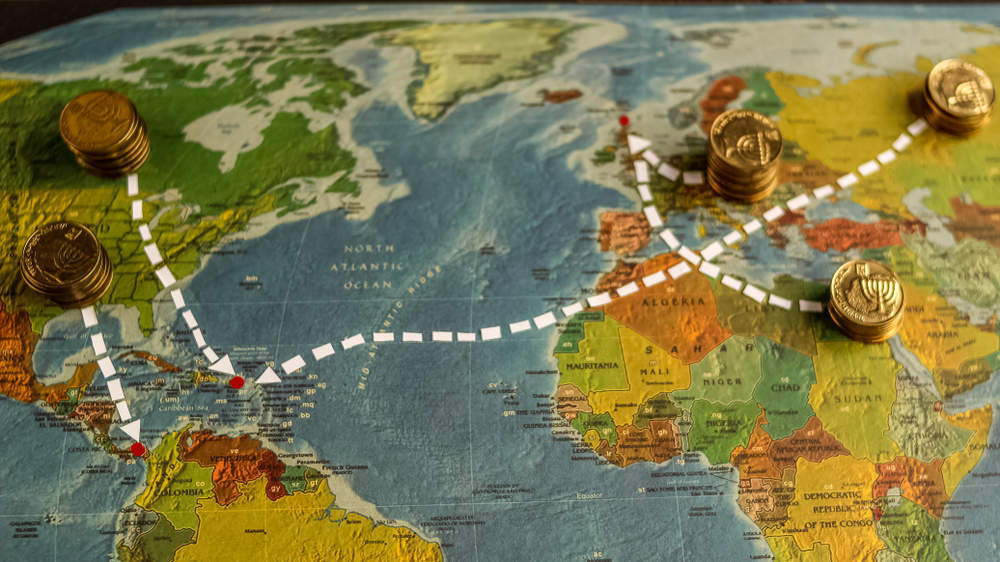
European leaders yesterday joined Britain in formally blaming Russia for the poisoning of Sergei and Yulia Skripal with a nerve agent in Salisbury.
Diplomatic punishments have been meted out, with diplomats expelled from London and the EU’s ambassador to Russia recalled to Brussels for four weeks of questioning.

Access deeper industry intelligence
Experience unmatched clarity with a single platform that combines unique data, AI, and human expertise.
As yet, however, there have been no economic penalties for what the UK, US, France, and Germany called “an assault on UK sovereignty“.
British prime minister Theresa May’s government is reportedly considering sanctions on Russia – which is already subject to multinational sanctions for intervening in Ukraine – as well as an anti-money-laundering bill targeting those who abuse human rights (dubbed a Magnitsky clause after a lawyer who precipitated similar legislation in the US).
But there has been little progress towards actually applying further sanctions, from Britain and it’s allies.
It is currently difficult to tell what, if any, economic consequences have flowed from Anglo-Russian relations plunging to their lowest point since the Cold War, although the row has cast more light on the financial links between the two states.

US Tariffs are shifting - will you react or anticipate?
Don’t let policy changes catch you off guard. Stay proactive with real-time data and expert analysis.
By GlobalDataJacob Rees-Mogg, a Conservative politician and British member of parliament, was criticised heavily this week for investments he held in Sberbank, Russia’s largest bank. Sberbank has been under EU-wide sanctions since 2014.
Rees-Mogg had told parliament that “tyrants need to be stood up to” and had pushed for tougher economic sanctions against Russia.
It then emerged that Somerset Capital Management, the fund management firm he is a founding partner of, profits from around £60 million invested in Sberbank.
Labour leader Jeremy Corbyn got in trouble from MPs (including those in his own party) for using the Skripal case to discuss Russian money circulating in the City of London and donated to the Conservative party.
While Corbyn’s critics said that it was hardly the time for scoring party political points, the City showed no such reticence in chasing Russian investments.
Last Thursday, as May outlined the steps that Britain would take against Russia, Russia sold $4 billion in debt on the Eurobond market in London.
Bond managers reported $7.5 billion in bids on the two Eurobond issues Russia offered – almost double the amount of bonds for sale – with British investors buying nearly half of the first issue and 34% of the second.
Assumed to be timed as a deliberate show of strength by Russian President Putin, the sales show that the Kremlin can still raise cash in western markets. Russia is expected to tap the global bond market later this year.
Despite these successes, international economic confidence in Russia has turned down this year – but it seems to have been broadly unconnected to the Skripal case.
According to data Thomson Reuters data, the volume of Russian acquisitions by foreign investors in 2018 was dropped drastically on the same period in 2017.
Russian inbound merger and acquisition (M&A) volumes totalled $303.5 million, down 87% year-to-date on last year. Outbound M&A volumes were also sluggish.







